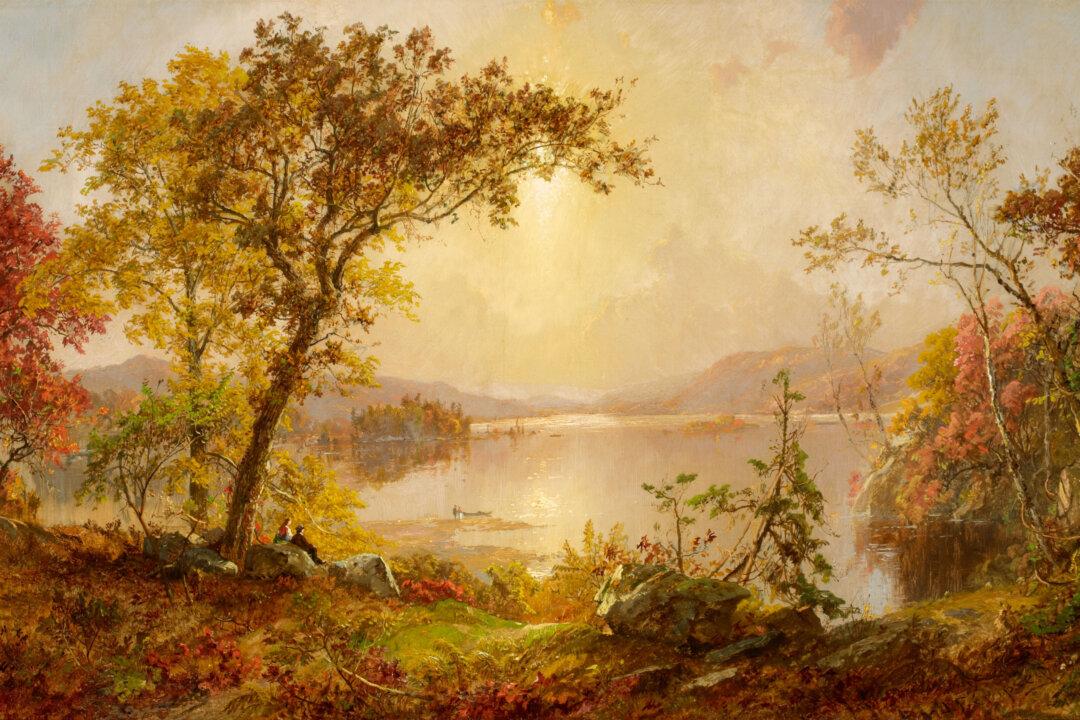Autumn, wrote poet and journalist William Cullen Bryant, is “the year’s last, loveliest smile,” and many of us would agree. Autumn is the season burnished by the vanishing heat of summer and the impending chill of winter. The hillsides glow with their mantles of scarlet and gold, the brisk air invites jackets and sweaters, and the earth after a rainfall becomes pungent with the perfume of fallen leaves.
Given the treasures of this season, we might rightly guess that our poets have spilled a river of ink in addressing its magic.






